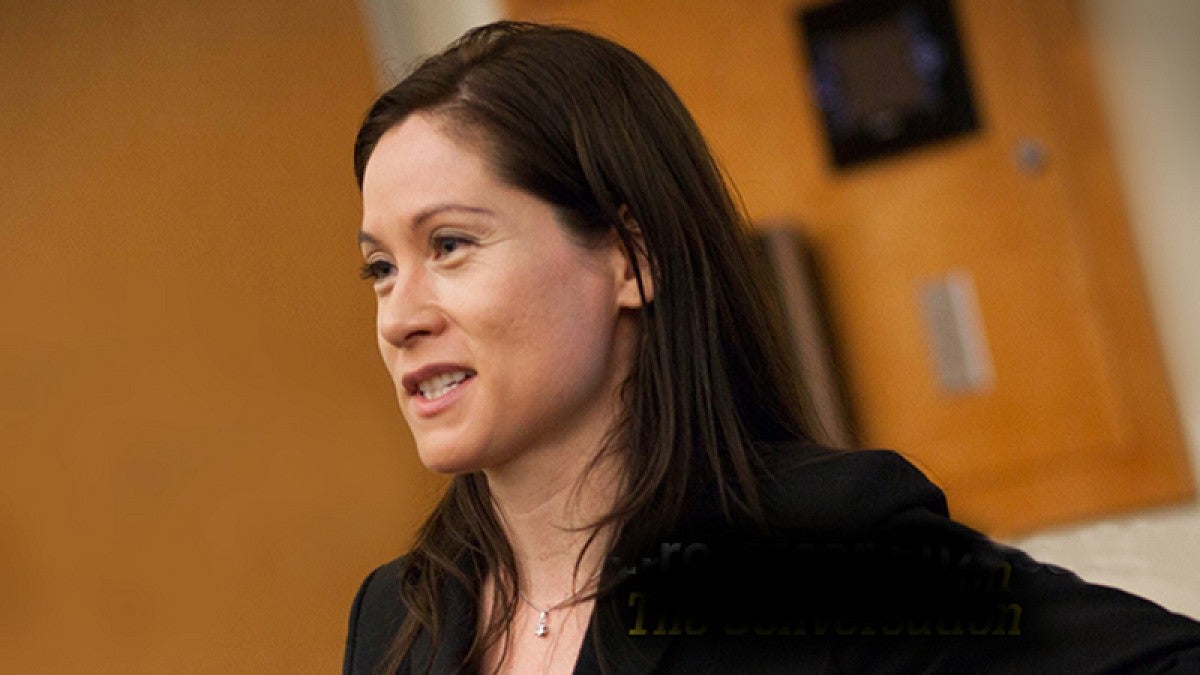Most everyone has seen the broadcast commercials put out by law firms in search of class-action plaintiffs in lawsuits against pharmaceutical companies. It’s been going on for years since the Supreme Court ruled the lawyers have the First Amendment right to advertise.
That might change now that the U.S. House Judiciary Committee is holding hearings to find out if these ads could cause some patients to stop taking their medicine, leading to negative health effects and, in some cases, death. One of the witnesses scheduled to testify is Elizabeth Tippett, a professor at the UO School of Law.
Contrary to studies done by pharmaceutical companies, Tippett found there actually isn’t much solid evidence that people stop taking medication after seeing commercials on television. “Little is known about how consumers respond to the medical information in these ads and whether they influence consumer decision-making,” she said.
She wants the American Bar Association, a national group of lawyers and law students, to make an effort to collect more data on how lawyers’ ads affect consumers, as well as a rating system for legal ads, that would alert people to deceptive advertisers.
For more, see “House Judiciary Committee to hold hearing on mass torts advertising” on Reuters.
In addition to her teaching duties, Tippett is the faculty co-director of the Conflict and Dispute Resolution master’s program at the UO. Her studies on drug injury ads have been published in the American Journal of Law and Medicine, and Drug Safety.


